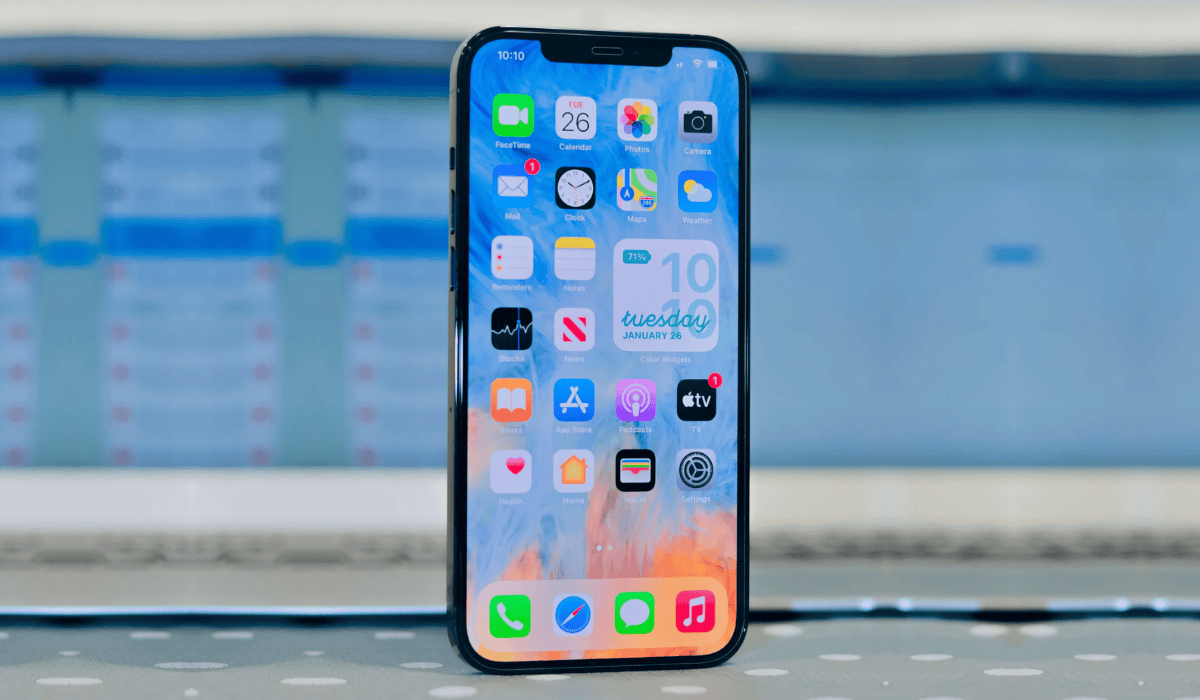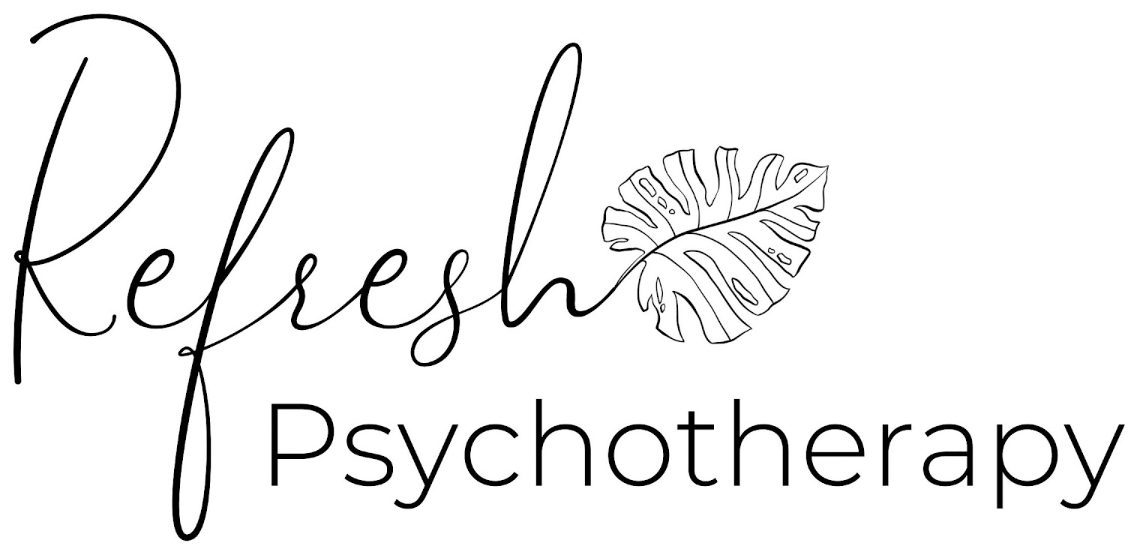
How to Approach Dating Apps With Realistic and Sustainable Expectations
Dating apps promise connection at your fingertips, but for many users, the experience delivers something very different: disappointment, burnout, and a quiet erosion of hope. It’s not that dating apps don’t “work”—they do for some—but they were not built to prioritize emotional compatibility, self-worth, or long-term wellbeing.
To use dating apps without losing yourself, you need more than a profile and a few good photos. You need a strategy that centers your mental health, boundaries, and emotional energy. This article outlines how to approach dating apps with realistic, sustainable expectations—so you can date without spiraling, compare without collapsing, and swipe without self-loathing.
The Illusion of Limitless Options
Dating apps are designed to simulate abundance—unlimited profiles, constant matches, and the illusion of endless romantic opportunity. But psychologically, this triggers a phenomenon known as the “paradox of choice,” in which having too many options leads to more dissatisfaction and less follow-through (Iyengar & Lepper, 2000).
In reality, most users only engage with a small percentage of matches. The rest become background noise, fostering comparison fatigue and emotional disconnection.
People also tend to forget that swiping is not dating. It’s browsing. And browsing doesn’t always lead to intimacy. Without grounded expectations, many users mistake attention for connection—and then feel confused when conversations fizzle or never move offline.
Rejection on Repeat: The Emotional Cost of Swiping
Dating apps increase exposure to rejection, often in rapid succession. You may never know why someone unmatched or ignored you. Over time, this creates a low-level but persistent sense of being unwanted, even if you’re matching regularly.
Studies have shown that frequent dating app use is associated with lower self-esteem, increased anxiety, and higher levels of body image dissatisfaction, particularly when users tie their sense of worth to responses received through the app (Strubel & Petrie, 2017).
To protect your emotional energy, treat dating apps as a tool, not a mirror. They are not designed to reflect your value or readiness for love. They’re algorithms—not oracles.
Swipe Fatigue and Burnout
Dating app fatigue is real. Many users report feeling emotionally depleted, cynical, or numb after weeks or months of swiping. This is particularly true for those looking for long-term relationships, who may feel they’re engaging in endless small talk with no payoff.
App-based dating can also trigger performance anxiety, especially when users feel pressure to “sell themselves” in a way that’s clever, attractive, or nonchalant—all at once.
Without clear internal boundaries, dating apps can shift from exciting to exhausting. You begin to log in out of boredom, loneliness, or self-doubt, not with genuine relational intent. And that’s when burnout sets in.
Setting Emotionally Sustainable Expectations
Approaching dating apps sustainably requires a shift in mindset. You are not auditioning for approval. You are screening for compatibility.
To keep your experience emotionally grounded:
- Limit time spent swiping. Try 10–15 minutes a day, not hours.
- Don’t expect chemistry from text. Text-based banter rarely predicts real-life connection.
- Set a timeline. If chatting doesn’t lead to a date within 7–10 days, it’s okay to move on.
- Let go of “the one.” Focus on finding someone curious, respectful, and interested in knowing the real you—not just a fantasy match.
Boundaries Are Not Optional
The fastest way to lose yourself in dating apps is to forget your own boundaries. Whether you’re dating casually or seeking a relationship, you need guardrails that protect your time, energy, and sense of self.
Ask yourself:
- What am I available for emotionally and practically?
- How many conversations can I manage at once without feeling overwhelmed?
- What is my plan if I start to feel depleted or discouraged?
Establishing exit strategies (e.g., breaks from the app, accountability check-ins with friends, or journaling your experiences) can help you stay attuned to your own needs.
What Success Actually Looks Like
Success on a dating app doesn’t always mean finding a partner. It can also mean:
- Gaining insight into your preferences and values
- Practicing communication and boundary-setting
- Learning to tolerate rejection without collapsing
- Reaffirming your worth, even when someone else doesn’t see it
By broadening your definition of success, you reduce the pressure to “win” and increase your capacity to show up as yourself—without the emotional whiplash of constant judgment.
Offline Integration: Where Real Connection Lives
It’s important to remember that the app is not the relationship. Sustainable dating means transitioning off the app and into real-world interactions.
Don’t linger in endless texting. Initiate or suggest a phone call. Make low-pressure plans. Pay attention to how you feel before, during, and after—not just whether the date “went well.”
And most importantly, don’t treat matches like scarce resources. If it’s not a fit, trust your gut and move on. Dating is about discernment, not perfection.
Conclusion: Swiping With Sanity
Dating apps are not inherently bad. But they are emotionally loaded, algorithm-driven environments that reward superficiality and fuel insecurity if you’re not careful.
You can use them—but don’t let them use you. Stay grounded in your values. Date with boundaries. Take breaks when needed.
Real connection doesn’t require perfect banter or a polished profile. It requires presence, patience, and the emotional endurance to stay soft—even when the apps make you want to shut down.
Swipe thoughtfully. Love is still possible. But your well-being comes first.
Written by: Keeley Teemsma, LCSW, MA
Works Cited
Iyengar, S. S., & Lepper, M. R. (2000). When choice is demotivating: Can one desire too much of a good thing? Journal of Personality and Social Psychology, 79(6), 995–1006.
Strubel, J., & Petrie, T. A. (2017). Love me Tinder: Body image and psychosocial functioning among men and women. Body Image, 21, 34–38.
